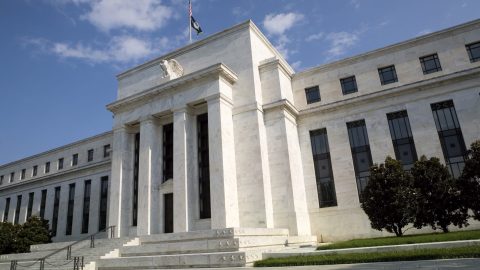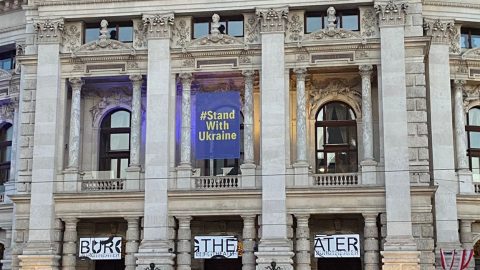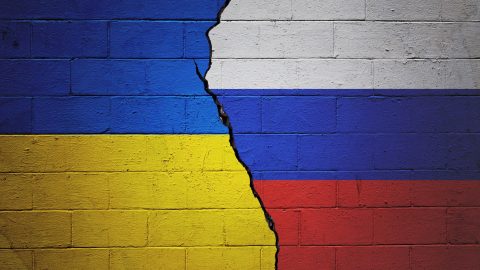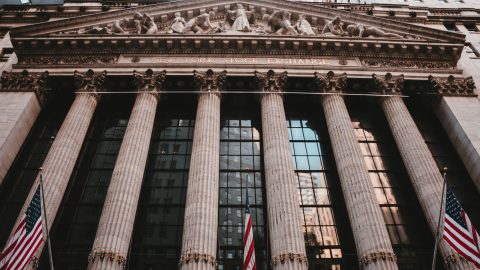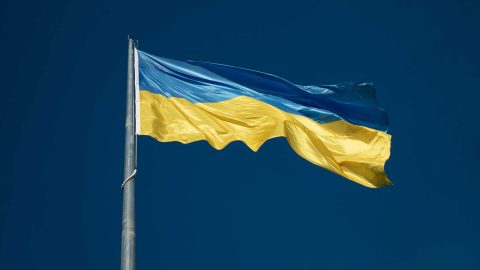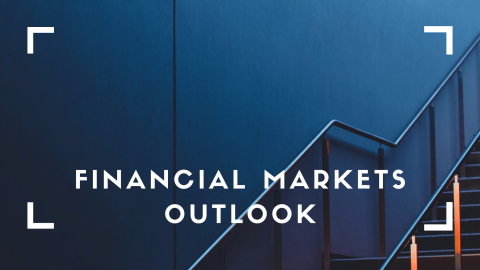Author's Contributions
Hawkish and bearish
Expectations of key interest rate hikes have been the most important driving factor for the capital markets since the beginning of the year. The Federal Reserve Chairman reiterated the Fed’s hawkish and bearish stance. How will the financial environment change in the second half of the year?
Tightening of financial condition
The global economy has been confronted with two stagflationary events in the last two years: the Covid-19 pandemic and the war in Ukraine. What factors are influencing the uncertainty in the markets? Erste Asset Management Chief Economist Winzer analyzes which scenarios are conceivable in the future.
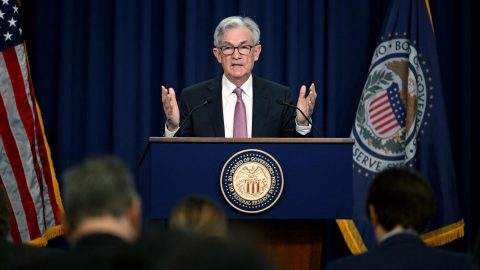
The End of Loose Monetary Policy
The US Federal Reserve is turning the interest rate screw hard and accelerating the exit from its ultra-expansive monetary policy. Will it get a grip on high inflation? And how will the economy cope with higher interest rates?
The hour of the hawks
In the US, interest rate hikes to a level of 3% by the end of 2023 have become likely. When will the European Central Bank follow? Erste Asset Management Chief Economist Gerhard Winzer analyses the interest rate policies of the central banks.

The invasion of Ukraine by Russia and its massive effects
Within two years, the global economy has been confronted by two negative events or, indeed, shocks: the Covid pandemic was the first one, having not only killed six million people globally at this point, but having also caused an unprecedented slump in the global economy and the subsequent recovery. The second one, i.e. the invasion of Ukraine by Russia, is of a geopolitical nature and has triggered a commodity price shock.
Two stagflationary shocks: pandemic and war in Ukraine
The global economy was confronted with two negative developments within two years: the Covid-19 pandemic and the Ukraine war. Erste Asset Management’s Chief Economist Winzer analyzes the stagflationary state of the economy.
The impact of the war in Ukraine
We want to highlight the possible impact of the war in Ukraine on investment decisions. In short, the conflict reinforces already existing trends. In addition, the global recovery scenario is still holding, but recession risks in Europe have increased.
Interest rate policy quo vadis? 3 monetary policy scenarios
Rising inflation and rising bond yields have recently caused uncertainty among investors. Will key interest rates in the USA be raised soon? Erste Asset Management’s Chief Economist Winzer outlines 3 scenarios for the interest rate policy of the central banks.
The crisis in Ukraine
The risk of an escalation of the geopolitical conflict between Russia, Ukraine and NATO has risen further in recent days.
10 theses for 2022
Waves of infections will continue to influence economic activity and the markets. What will happen in China, what are the inflation risks and will it be volatile? Our chief economist Gerhard Winzer has drawn up 10 theses for the year 2022.


